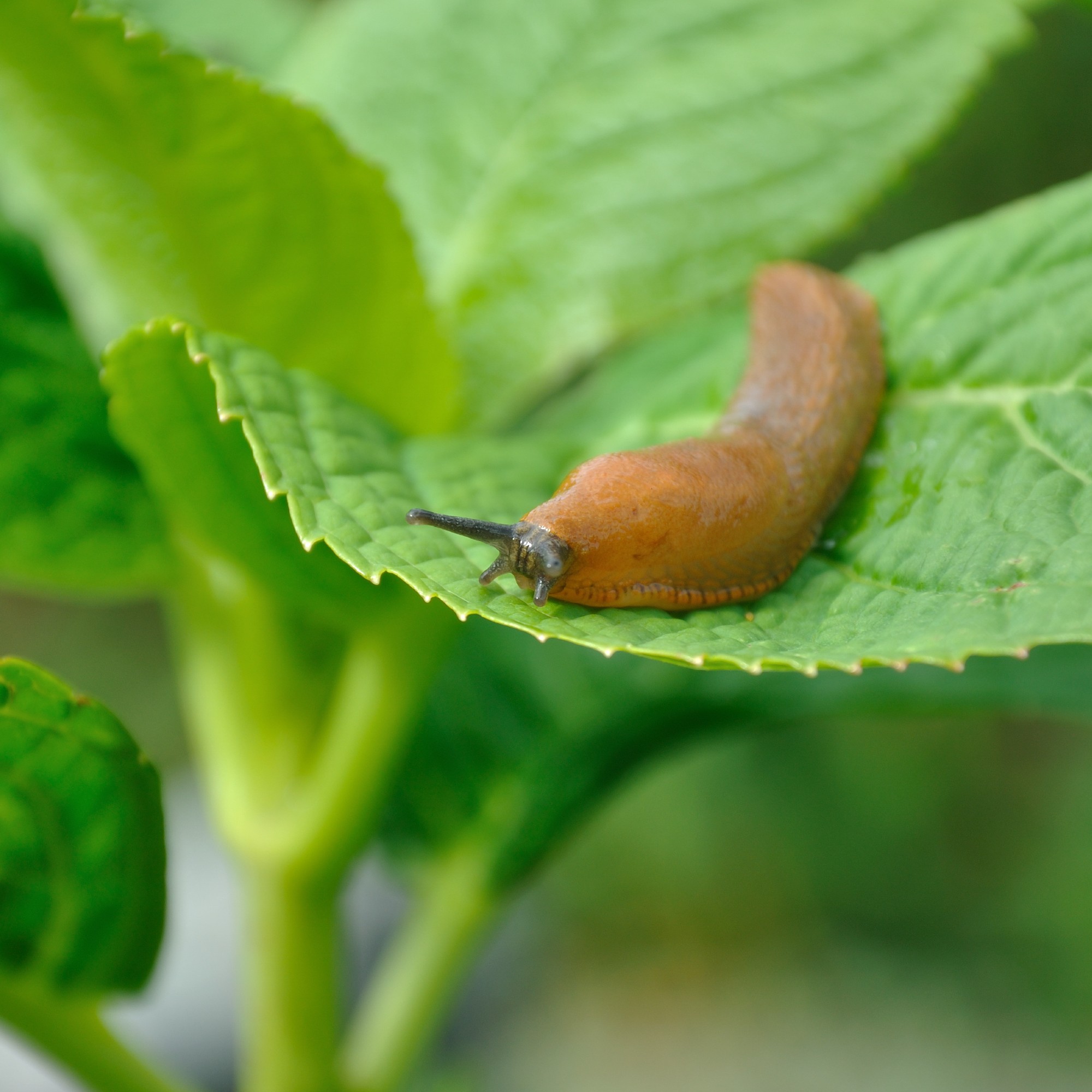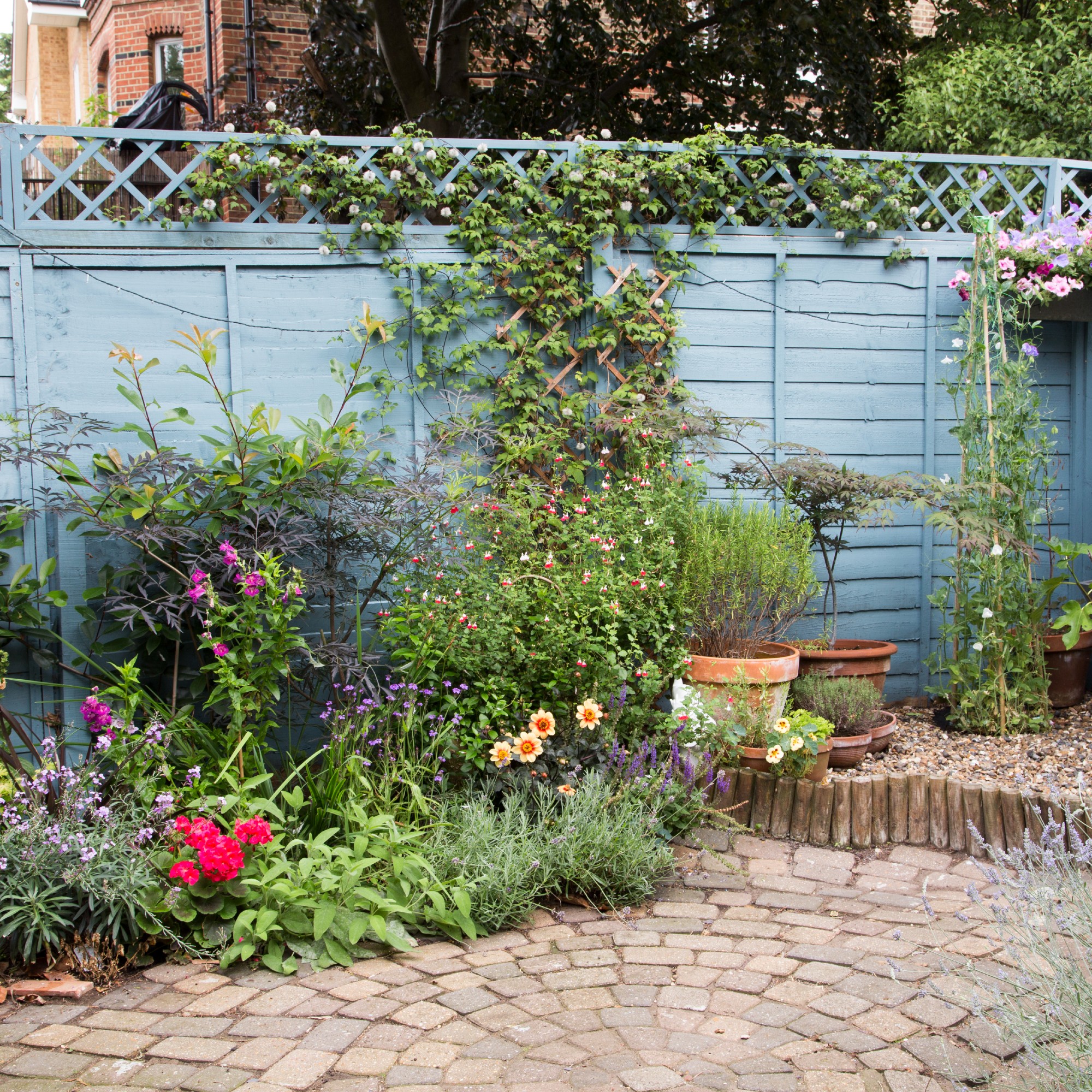
As we’re welcoming the warmer months with the arrival of spring, we’re also getting to one of the wetter points of the year, and this warm, wet combo is the perfect time for slugs to thrive. Each year, keen gardeners look for ways to deter these pests and while we were doing so ourselves we discovered an insider secret of using fertiliser to deter them. But is fertiliser actually bad for slugs?
There are several well-known methods of how to get rid of slugs, and while using fertiliser isn't typically one, it is an effective way of deterring slugs both from garden borders and potted plants, according to gardening pros. As long as you choose the right type of pot feed that is...
Below, we explain on how this gardening hack actually works and what type of fertiliser you should be investing in in order to achieve the desired result.

Is fertiliser bad for slugs?
Using coffee grounds in the garden is a popular slug repellent and salt is a known slug killer, and this is exactly what using fertiliser against slugs is based on.
‘Fertilisers such as potash and nitrogen-heavy feeds will raise the salt levels in your soil. This deters and kills slugs,’ says Fiona Jenkins, gardening expert at MyJobQuote.co.uk, the UK’s leading trades matching site.
As Fiona mentions, the two types of fertiliser that have proven effective against slugs are either high in potash or high in nitrogen, such as urea, which has been found to kill both slugs and their eggs.
High-potash fertiliser like this one is great used in the summer for bigger bloom on your flowering plants and for bigger crops when it comes to tomatoes and other vegetables.
Urea is a soluble nitrogen fertiliser that can kill both slugs and their eggs. But it's also used to promote growth of leafy vegetables and it's applied at the time of sowing.
Similarly to urea, this Chempak plant feed also contains high levels of nitrogen which makes it perfect for green vegetables and can be used all year round.
But Fiona adds a warning. ‘Using too much feed in your pots and beds will damage your plants.’ So don’t overdo it with the pot feed.
Additionally, even if the fertiliser doesn’t kill the slugs, it will make the plants more resilient when attacked. ‘By using fertiliser on your potted plants it will promote healthy plant growth and strong plants that are more resilient to being attacked and eaten by slugs,’ notes Steve Chilton, garden expert at LeisureBench. So it’s a win win.
But, of course, there are always alternative ways to repel and get rid of slugs, from slug tape to salt.

‘There are plenty of ways to control and deter slugs. Using nematodes or encouraging wildlife will reduce their numbers,’ advises Fiona. ‘Hedgehogs, blackbirds, frogs and centipedes are just some of the creatures that eat slugs.'
'You can deter slugs with herbaceous plants such as foxgloves, fuchsias, pelargoniums and geraniums. Slugs don’t like plants with hairy or scented leaves either, so you can use these around your leafy plants as a deterrent. Alternatively, go out at night when the slugs are active and remove them.’
Either way, you don’t need to helplessly tolerate their presence in your garden or on your patio as there are a myriad of ways to wave slugs goodbye.







